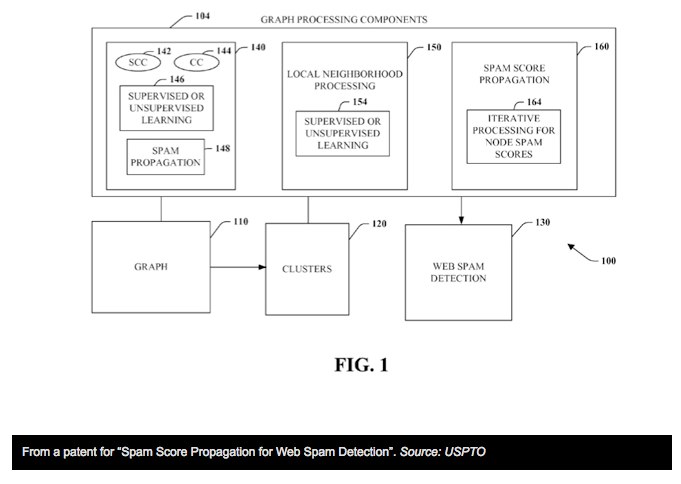Wired has taken on the task of publishing opinion pieces from a variety of stakeholders in the patent system about how best to “fix” the patent system. I use the term “stakeholders” because that is what each of us is. We all are affected by the patent system, whether for good or bad. All these disparate views are valuable and show the range of opinions on the topic.
However, the case that is repeatedly made that the patent system is broken is predicated on the idea that patent litigation is running rampant and inhibiting innovation. In an earlier
piece, however, I pointed out that the number of patents issued has stayed flat relative to the size of the economy for the last half century. Also, patent litigation rates have been remarkably steady.
Competing views have been published from IBM and Google. While both have their points, the latter piece makes some poor editorial choices. For example, the image
chosen to go with the piece is figure 1, “From a patent for ‘Spam Score Propagation for

Web Spam Detection‘.” The only patent document I found that had that title is not an issued patent, but rather a published application that has not yet been examined by the USPTO. It’s hard to use it as an example of a poor quality patent, when it isn’t even a patent at all.
The piece also endorses the SHIELD Act which I think will have a greater deterrent effect on smaller entities who want to protect their intellectual property than it will on non-practicing entities (aka Trolls). (Here’s my earlier piece on the SHIELD Act).
There are some good thoughts presented on both sides, but the case to “fix” the patent system would be much stronger if its proponents would first show the system is actually broken.


